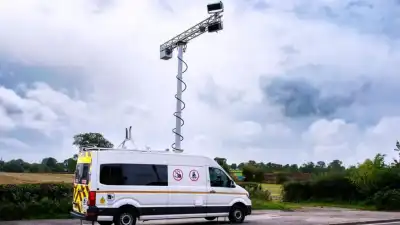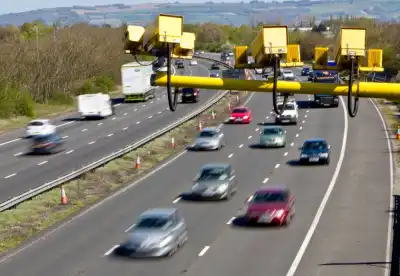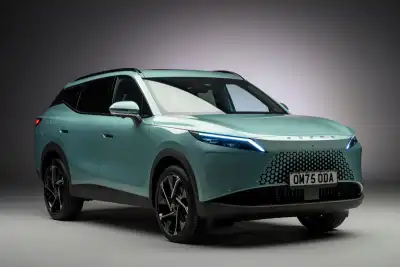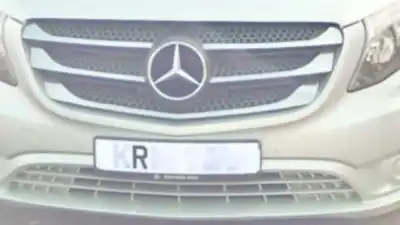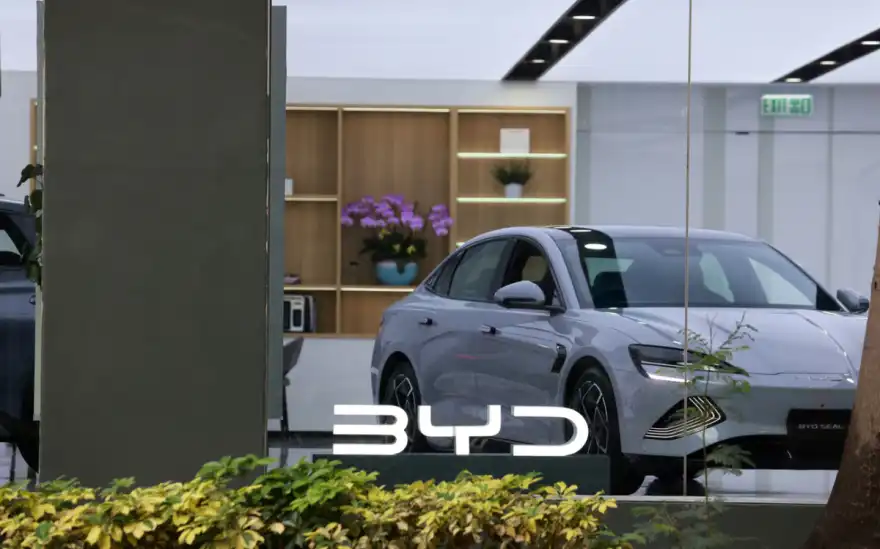
BYD has unveiled new battery technology that could finally put an end to one of the biggest complaints about EVs—slow charging.
The company has introduced its new 'Super e-Platform' powered by the latest lithium-ion-phosphate Blade battery, boasting charging speeds of up to 1,000kW. This means a charging session lasting just five minutes could add up to 470km (292 miles) of range, making it almost as quick as refueling a petrol or diesel car.
Following the announcement, BYD’s stock surged, and founder Wang Chuanfu believes this innovation could "fundamentally solve users' charging anxiety." With charging speed seen as one of the biggest barriers to EV adoption, this development could convince more drivers to make the switch.
The new battery tech will debut in the updated Han L saloon and Tang L SUV, which are set for delivery in China later this year. These cars will also feature BYD’s latest high-performance electric motors, capable of producing up to 1,084bhp—more power than a Lamborghini Revuelto and even surpassing the Tesla Model S Plaid’s 1,020bhp. The Han L can accelerate from 0 to 62mph in 2.7 seconds, while the Tang L does it in 3.9 seconds.
BYD’s new dual-motor system can reach speeds of 30,511rpm, making it the highest-revving mass-produced e-motor ever. To support this new technology, the company plans to build more than 4,000 ultra-fast charging stations in China. These chargers offer 1,000kW of power, double the peak output of Tesla’s latest V4 Supercharger, currently the fastest available in the UK.
James Court from Octopus Electric Vehicles says China’s rapid investment in EV technology is "breaking down barriers" for new buyers. He believes "Concerns surrounding range anxiety are dwindling as new models can travel further with a single charge.
"BYD is now putting charge anxiety to rest, which should further accelerate mass adoption of electric driving."
BYD has not yet confirmed whether this new technology will be integrated into UK models such as the Dolphin, Atto 3, and Seal. These vehicles currently operate on the e-Platform 3.0, which supports batteries of up to 82.5kWh, a maximum charging speed of 150kW, and a peak power output of 523bhp. The Han L and Tang L start at 270,000 Yuan (£29,500) and 280,000 Yuan (£30,600) in China, though government subsidies play a significant role in keeping prices low.
BYD’s rapid growth is disrupting the industry. In 2024, the company overtook Tesla as the world’s largest EV manufacturer, selling 3.84 million electric and plug-in hybrid cars, accounting for 22% of the market. Tesla followed with 1.78 million sales, capturing 10% of the market.
In February alone, BYD’s EV sales increased by 161%, while Tesla’s sales in China dropped by 49%. Meanwhile, Chinese rival Nio has announced a partnership with battery giant CATL to expand its battery swap network, providing an alternative to ultra-fast charging, though the need for extensive infrastructure remains a challenge.
BYD’s latest advancements suggest that long charging times may no longer be a major concern, and the company is positioning itself as a leader in the race to make EVs as convenient as petrol-powered cars.

